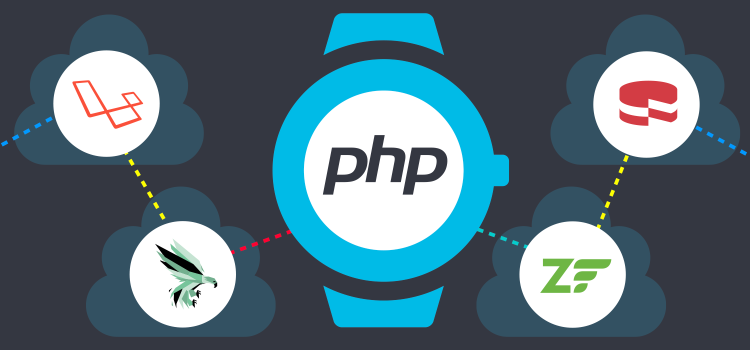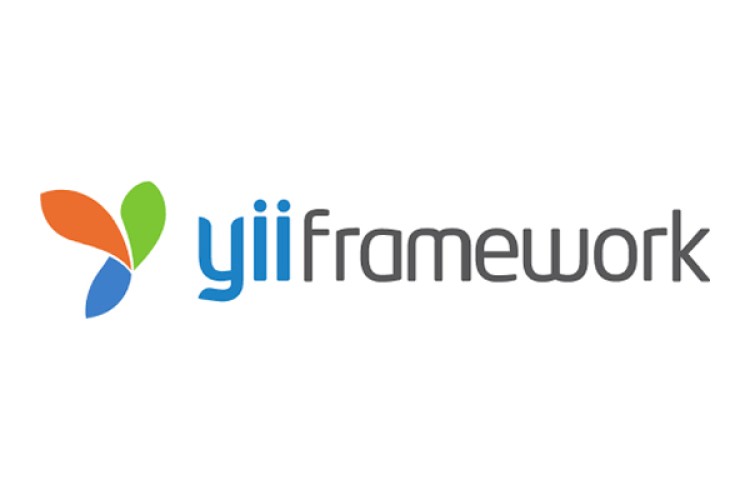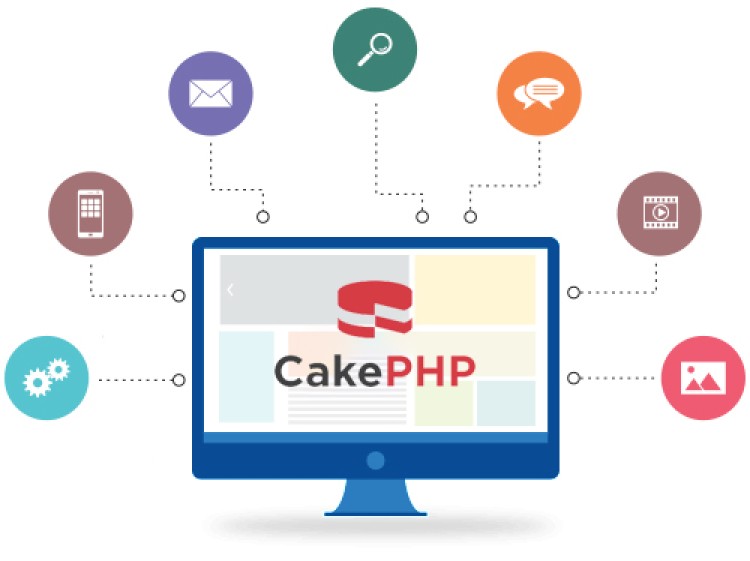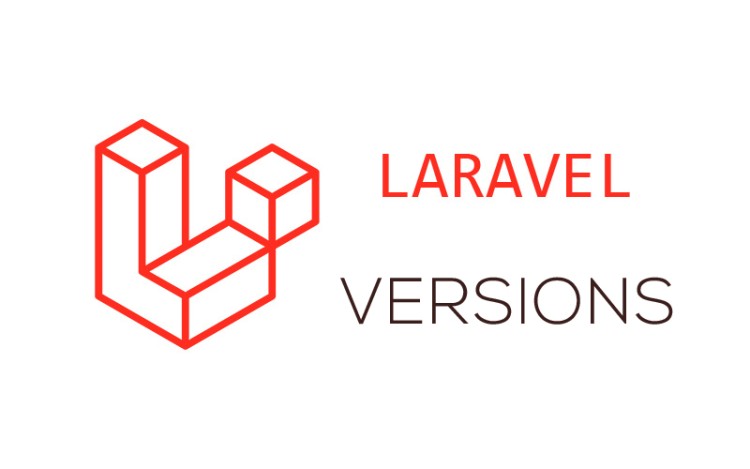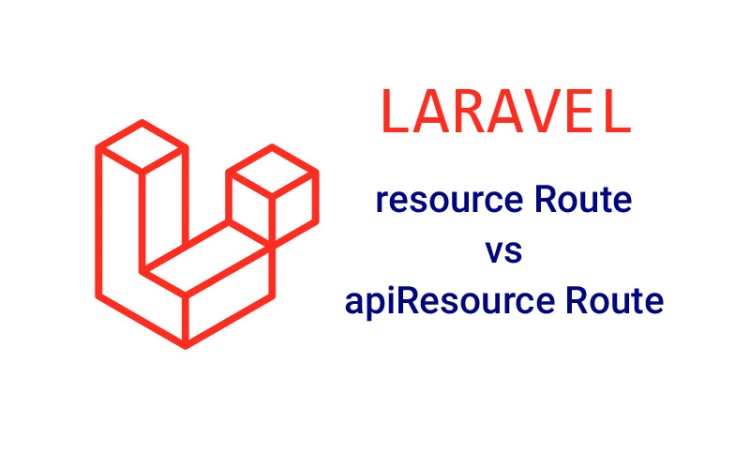PHP - A lookback
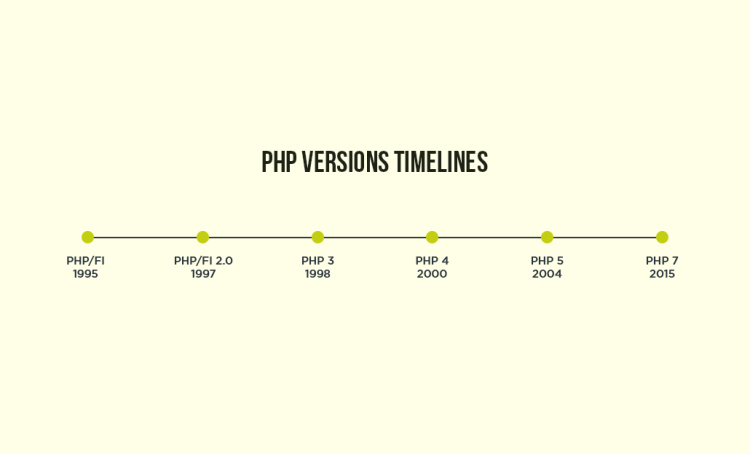
PHP (Hypertext Preprocessor) is a server-side scripting language used for web development. It was created by Rasmus Lerdorf in 1994, and the first version of PHP, called PHP/FI (Personal Home Page/Forms Interpreter), was released in 1995.
PHP/FI was designed to help Lerdorf manage his personal website, which consisted of simple scripts written in C that he used to collect statistics on his visitors. He eventually decided to bundle these scripts into a single package, which he called PHP/FI.
The first version of PHP/FI was very basic and consisted of a handful of functions for processing HTML forms and accessing server variables. It was also extremely lightweight and was only meant to be used on Lerdorf's personal website.
However, as more people began using PHP/FI, it quickly became clear that there was a demand for a more robust version of the language. In response to this demand, Lerdorf continued to develop PHP/FI, adding new features and functionality to the language.
One of the most significant additions to PHP/FI was the ability to embed PHP code directly into HTML pages using server-side includes. This made it much easier for developers to create dynamic, database-driven websites without having to learn a separate language like Perl or C.
Another important feature added to PHP/FI was support for accessing databases using the MySQL database management system. This was a crucial addition, as it allowed developers to easily build complex, data-driven websites with PHP.
Despite its limitations, the first version of PHP/FI was a significant milestone in the development of web programming languages. It paved the way for the modern, feature-rich version of PHP that is widely used today.
In conclusion, the first version of PHP/FI was a simple, lightweight language created to manage Rasmus Lerdorf's personal website. However, as more people began using the language, it quickly evolved into a robust, versatile programming language that is still widely used today. Its legacy can be seen in the countless websites and web applications built with PHP over the past two decades.
Since its initial release in 1995, PHP has undergone numerous updates and revisions. Each new version has brought with it new features, improved performance, and enhanced security. In this blog post, we will take a look at the next major version of PHP, PHP 8.
PHP 8 was released in November 2020 and is the latest version of the language. It brings with it a host of new features and improvements, making it the most significant update to the language in years.
One of the most significant changes in PHP 8 is the addition of JIT (Just-In-Time) compilation. This feature allows PHP to compile code at runtime, resulting in significant performance improvements for certain types of applications. The addition of JIT is expected to make PHP more competitive with other high-performance languages like Java and Go.
Another major change in PHP 8 is the introduction of Union Types. This feature allows developers to specify multiple types for a function argument or return value, providing greater flexibility and safety when working with different data types.
In addition to these major changes, PHP 8 includes several other new features and improvements. For example, the language now has better support for named arguments, allowing developers to specify arguments by name rather than position. It also includes a new null-safe operator, making it easier to work with null values.
Overall, PHP 8 is a significant update to the language that brings with it a range of new features and improvements. It demonstrates the continued commitment of the PHP development community to improving and advancing the language, making it more powerful, versatile, and efficient. If you're a PHP developer, now is the time to start exploring the new features and benefits of PHP 8.
What’s New In PHP 8.2?
With every new release, PHP continues to evolve and bring a wealth of essential features to the table. And the latest addition, PHP 8.2, is no exception. Packed with a host of cutting-edge features and improvements, this version will take your website to the next level.
But that’s not all. By upgrading to the latest PHP version, you’re gaining access to new features, enhancing your site’s security, ensuring optimal syntax and execution, and maximizing your online potential. Here are some of the new features that PHP 8.2 has introduced:
Readonly classes
PHP 8.1 introduced readonly properties for classes, revolutionizing developer approaches. However, excessive typing was still a challenge.
PHP 8.2 solves this by allowing entire classes to be marked as readonly, making it easier for developers to use this feature. So, you can upgrade to PHP 8.2 for more efficient use of readonly properties.
- readonly class MyClass {
- public int $myProp;
- public string $myOtherProp;
- public __construct(string $myOtherProp, int $myProp)
- {
- $this->myProp = $myProp;
- $this->myOtherProp = $myOtherProp;
- }
- }
Here we have a class defined as readonly. We have 2 properties of the class, and both of them are inherently readonly. Although the readonly rules from PHP 8.1 still apply, you can initialize the property once; after that, it is set.
- $myObj = new MyClass(‘Cal was here’,42);
- Once they are initialized, they get immutable.
- $myObj->myProp = ‘Cal is no longer here’;
- // Fatal Error: Uncaught Error: Cannot modify readonly property MyClass::myProp
The readonly class also prohibits dynamic property addition, ensuring unwavering stability. Remember that once a class is designated as readonly, it cannot be overridden at a certain point.”
New memory_reset_peak_usage Function
PHP 8.2 has brought a new function, memory_reset_peak_usage, which resets the highest memory usage recorded by memory_get_peak_usage. This function is ideal for monitoring memory utilization in multiple-cycle operations.
Null and False Standalone Types
In PHP 8.2, the false return type is accessible as a standalone sort instead of a union sort whenever an error occurs:
- function alwaysFalse(): false
- {
- return false;
- }
The same is true for the invalid type. For example, as a standalone type, NullPost::getAuthor() will be able to return it as null, unlike before. However, null, true, and false may be considered valid types on their own.
Deprecate Partially Supported Callables
PHP 8.2 has deprecated the partially supported callables. Callables can be created using the $callable() syntax, the user_call_func(), or a function with a callback.
Passing these callables to the is_callable() function or using them with the callable parameter sorts won’t create the deprecation message. To understand the deprecation notice, developers can instead change over the parent, self, and inactive keywords in callable code to their particular class names utilizing the::class strategy.
New /n Modifier
PHP 8.2 has also incorporated the /n (no capture) modifier to the preg_* work family. When utilized, any groups with()meta-characters won’t capture anything separated from the named captured group. So, the result is the same as checking each group as non-capturing.
This change is because the modifier simplifies complex customary expressions for different groups. Instead of showcasing each group as non-capturing, developers can check all groups as non-capturing. At this point, developers can select and name specific bunches captured.
Deprecate ${} String Interpolation
There are different ways to embed variables in strings with PHP. However, PHP 8.2 has deprecated two methods.
- "Hello, ${world}!";
- Using ${} in strings is deprecated
- "Hello, ${(world)}!";
- Using ${} (variable variables) in strings is deprecated
However, these deprecations wouldn’t be a significant issue for developers as the two most well-known string addition methods will still work.
Other Minor Improvements
Along with new features, PHP 8.2 has also tweaked some existing features in the older PHP versions, including:
Random Extension Improvement
The pioneer PHP random number generator is still used within the base code. It’s never been great and completely useless for cryptographic uses.
PHP 7 introduced functions like random_int() and random_bytes(). They went a long way to fix the issues, but under the hood, these functions are interfaces to the local OS’s random number generator.
It was a great solution at the time but is very slow. But, with PHP 8.2, we get an extensible object-oriented interface rather than a completely modern Random number generator built into PHP.
Additional RFCs in PHP 8.2
PHP 8.2 also comes in with many new functions and minor changes: PHP 8.2 RFCs (Random Extension Improvement) is prepared to fix issues with a new curl_upkeep function to its Curl extension. It calls the curl_easy_upkeep() function in libcurl.
New ini_parse_quantity work: PHP INI directives acknowledge data sizes with a multiplier suffix. For instance, you can compose 25 Megabytes as 25M or 42 Gigabytes as just 42G. These postfixes are common in PHP INI files but are unprecedented somewhere else. This new function parses the PHP INI values and returns their data size in bytes.
New memory_reset_peak_usage work: This function resets the top memory utilization returned by the memory_get_peak_usage function. It is helpful when you’re running the same action multiple times and need to record each run’s peak memory utilization.
Which Features Are Removed in PHP 8.2?
PHP 8.2 has introduced many new features but has also removed the support of MYSQLi with libmyql:
MySQLi Will No Longer Be Compiled With libmysql
Starting with PHP 8.2, MySQLi with libmysql won’t be supported, and the attempt to do so will result in a configuration error. In the past, PHP has supported two database libraries for interfacing that are MySQL databases: mysqlnd and libmysql.
As of PHP 5.4, MySQL has been the default library, and you can compile MySQLi through extensions. This won’t likely cause any critical issues for developers.
However, the two of the most significant features supported by libmysql that aren’t accessible with MySQLnd are supported, i.e., authentication and automatic reconnecting through LDAP and SASL.


